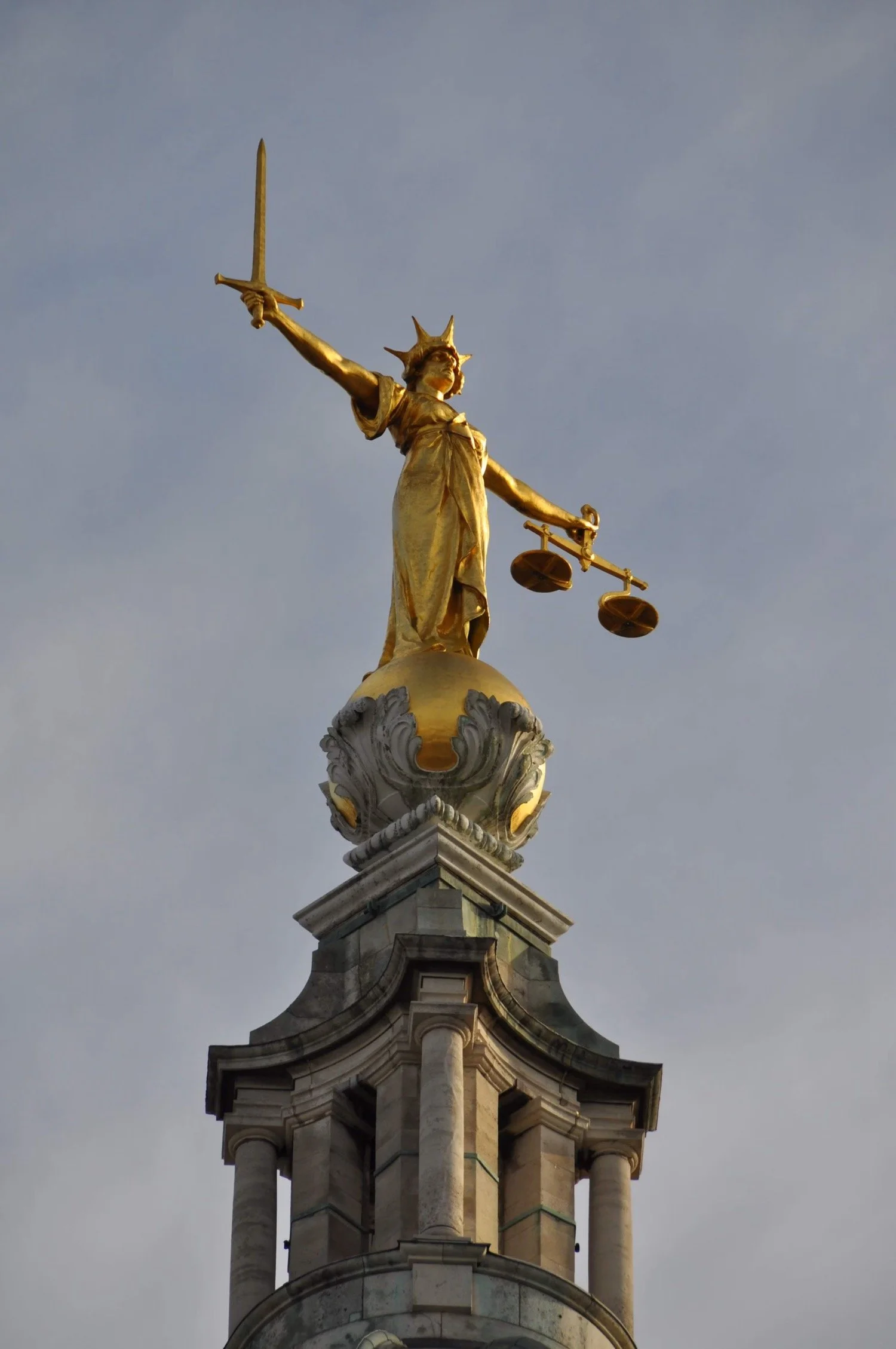Readings for today: Proverbs 21-24
Several years ago, I spent time with a brilliant leader who worked for the United Nations. He was an indigenous leader in a war-torn country with masters degrees in three different disciplines and the UN had tapped him to help lead their relief efforts in country. He took me out to an internally displaced people’s camp (IDP) to show me the depth of suffering his people were experiencing. They were starving for lack of food. They were dying from preventable disease. They were living in unsanitary conditions. I asked him why the UN allowed such things. He told me it all had to do with power. The particular tribal identity of the people in the IDP camp was associated with the central government which meant they were part of the “oppressor” class. As a result, the UN cut their rations and refused to provide the care and support they needed to survive. Meanwhile, the tribal group who initiated the war and started the rebellion and caused much of the suffering was considered to be part of the “oppressed” class. It didn’t matter that their particular tribe had ruled the country with an iron fist for decades. They had been voted out of power in legitimate elections and therefore were now “oppressed” so they got the bulk of support. When I asked why the UN would take such an approach, the indigenous leader pointed out that as long as conflict continued in his country, the UN could exercise power and control. If peace ever truly broke out, there would be no need for the UN any longer so it actually was in their best interest to fan the flames of tribal enmity. I was stunned at his insight. It was one of the most educational experiences of my life.
Human beings have this innate tendency to abuse power. Evidence abounds from the draconian enforcement of home owner’s associations to the oppressive regulations of local agencies to the social engineering often attempted by legislators at regional and national levels. No matter where you live in the world today, human beings use power to exercise control over those around them. And this is nothing new. Consider what Solomon says in the Book of Proverbs today, “Don’t move an ancient boundary marker, and don’t encroach on the fields of the fatherless, for their Redeemer is strong, and he will champion their cause against you.” (Proverbs 23:10-11 CSB) The powerful will always attempt to take from the powerless. Ancient boundary markers in Israel marked out the inherited territory between the different tribes and even though these boundaries were established by God Himself, it didn’t stop the Israelites from trying to accumulate more territory. Especially from those who may be poor, weak, and unable to defend themselves. But Solomon reminds us that God is always watching and He defends the cause of the powerless. He takes up the cause of those who cannot defend themselves and He will judge those who abuse their power.
All of us exercise some measure of influence and power in our lives. It may be in our homes. It may be in our communities. It may be in our work or at school. It may be in our church or some other social agency we’re part of. Maybe it’s even in government. God expects us to use our power to serve. To bless. To lift up those who cannot lift up themselves. It is not to be used to benefit ourselves nor are we to exercise power in a way that privileges one class of people over another. We must always remember that is the Redeemer of those He entrusts into our care and He will champion their cause.
Readings for tomorrow: 1 Kings 5-6, 2 Chronicles 2-3
